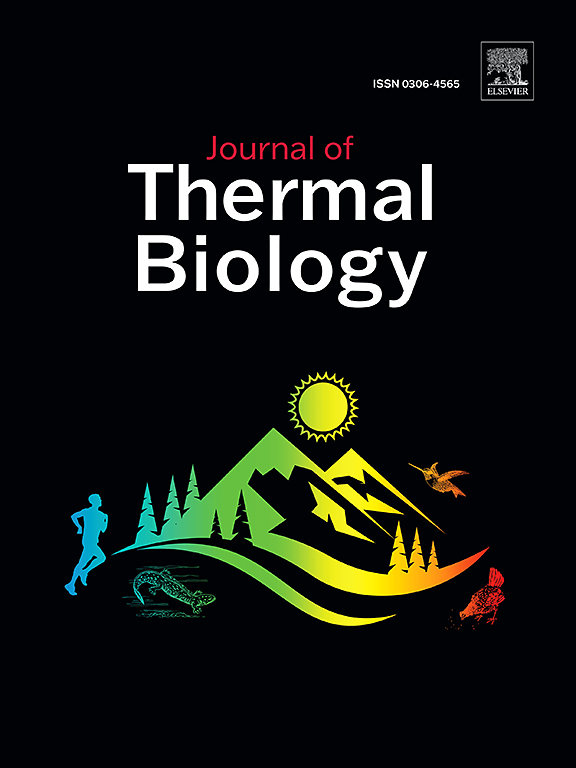A practical deep learning model for core temperature prediction of specialized workers in high-temperature environments
IF 2.9
2区 生物学
Q2 BIOLOGY
引用次数: 0
Abstract
The health issues of hazardous operations in high-temperature environments are increasing concerns to the public, especially since global warming and extreme weather conditions have made the high-temperature work more frequent and harsher. The abnormal elevation of human core temperature (Tcr) due to high temperatures directly leads to a decline in physiological functions and may trigger various heat-related health issues, which is especially threatening for those working in such conditions. However, continuous real-time Tcr monitoring and prediction are challenging, particularly considering the hazardous operations in extremely hot environments. To address this problem, a non-invasive Tcr prediction model combining a Kalman filter and a long-term sequence forecasting deep learning model was developed. This model leverages monitored skin temperature (Tsk) and heart rate (HR) as input features, enabling personalized real-time Tcr predictions for various groups of specialized operations personnel. The model's accuracy was validated using the data from a series of chamber experiments with 13 participants under ambient temperatures ranging from 34 to 40 °C and Tcr range of 37–39 °C. The optimal prediction results, evaluated by the test set using seven-point Tsk combined with HR, obtain a MAE value of 0.07, a RMSE value of 0.09, and a R2 value of 0.93. Additionally, the errors of 95% of all Tcr predictions fell within ±0.17 °C. The proposed model has the advantage of requiring simple input parameters/features and producing high-accuracy predictions, which makes it a practical tool for health monitoring and protection of hazardous operations in high-temperature environments.
求助全文
约1分钟内获得全文
求助全文
来源期刊

Journal of thermal biology
生物-动物学
CiteScore
5.30
自引率
7.40%
发文量
196
审稿时长
14.5 weeks
期刊介绍:
The Journal of Thermal Biology publishes articles that advance our knowledge on the ways and mechanisms through which temperature affects man and animals. This includes studies of their responses to these effects and on the ecological consequences. Directly relevant to this theme are:
• The mechanisms of thermal limitation, heat and cold injury, and the resistance of organisms to extremes of temperature
• The mechanisms involved in acclimation, acclimatization and evolutionary adaptation to temperature
• Mechanisms underlying the patterns of hibernation, torpor, dormancy, aestivation and diapause
• Effects of temperature on reproduction and development, growth, ageing and life-span
• Studies on modelling heat transfer between organisms and their environment
• The contributions of temperature to effects of climate change on animal species and man
• Studies of conservation biology and physiology related to temperature
• Behavioural and physiological regulation of body temperature including its pathophysiology and fever
• Medical applications of hypo- and hyperthermia
Article types:
• Original articles
• Review articles
 求助内容:
求助内容: 应助结果提醒方式:
应助结果提醒方式:


